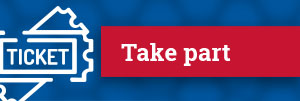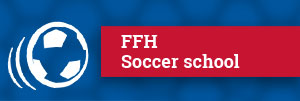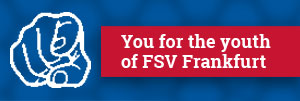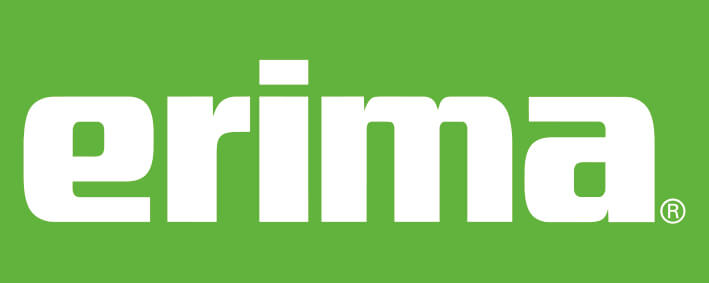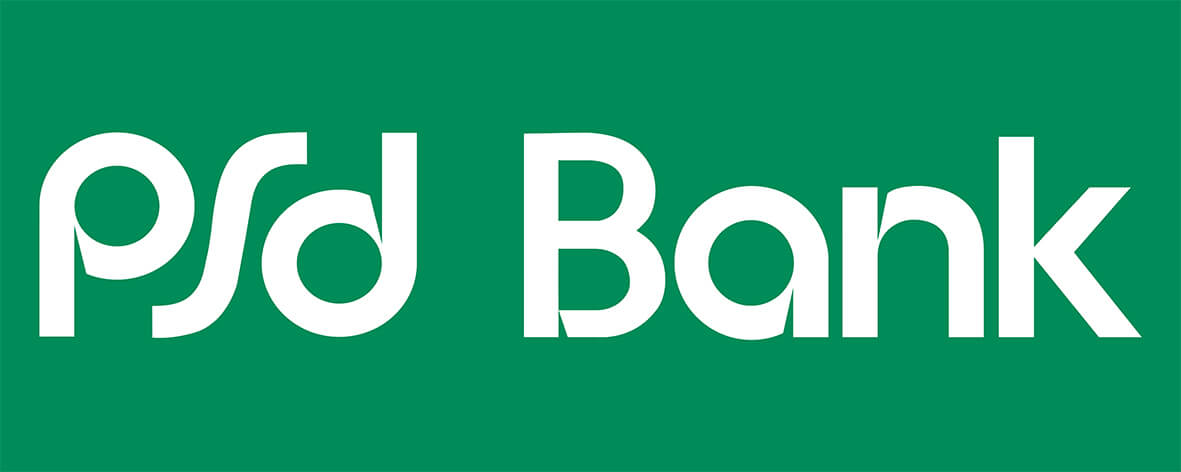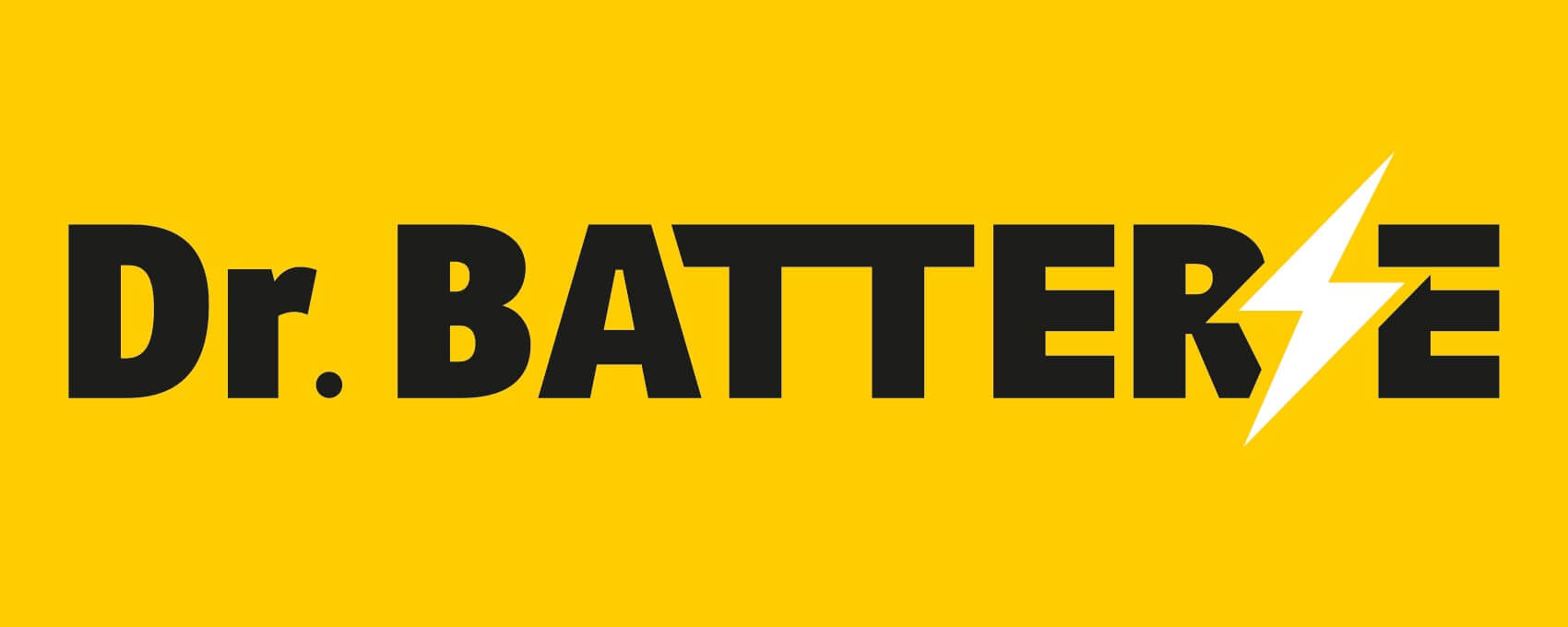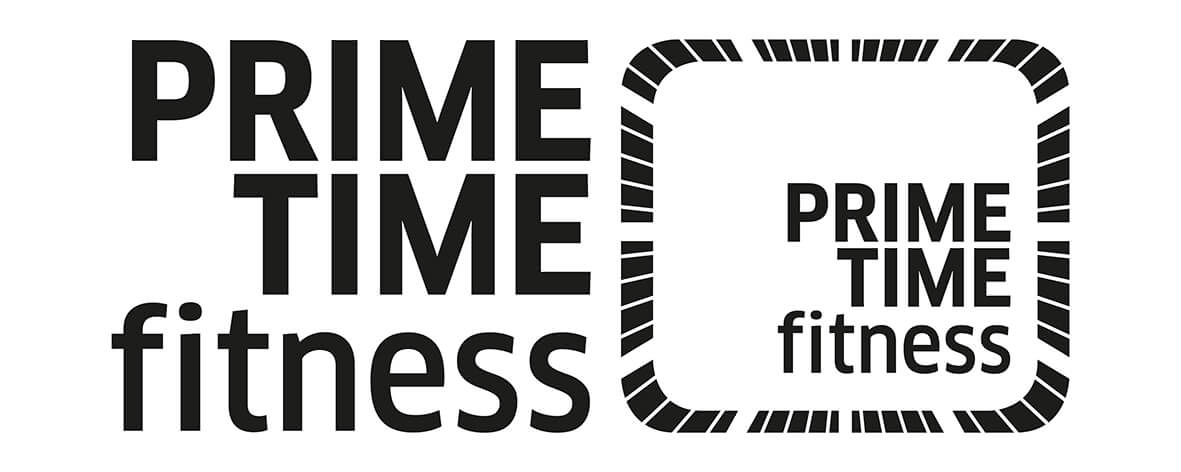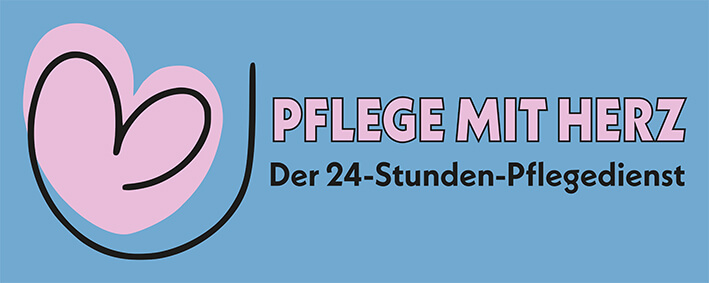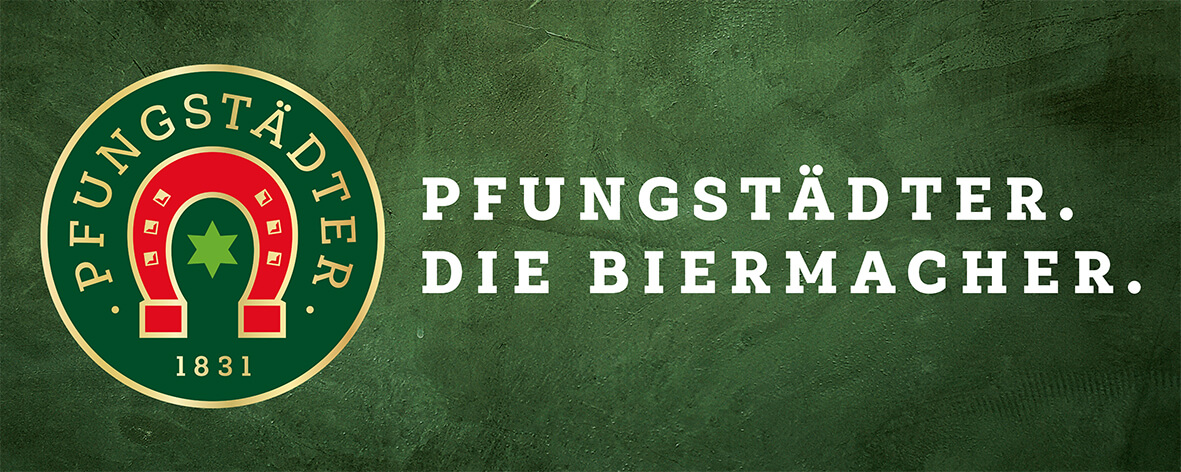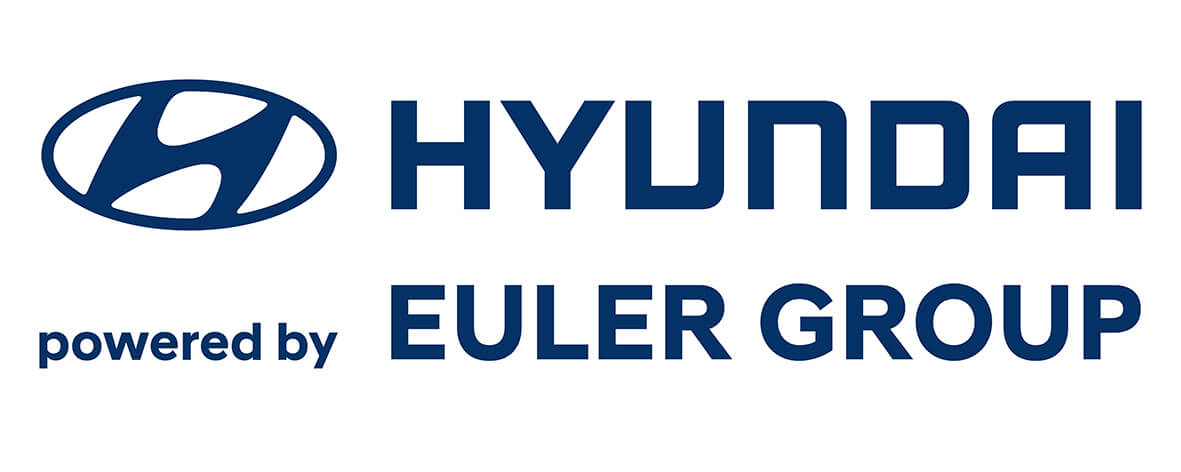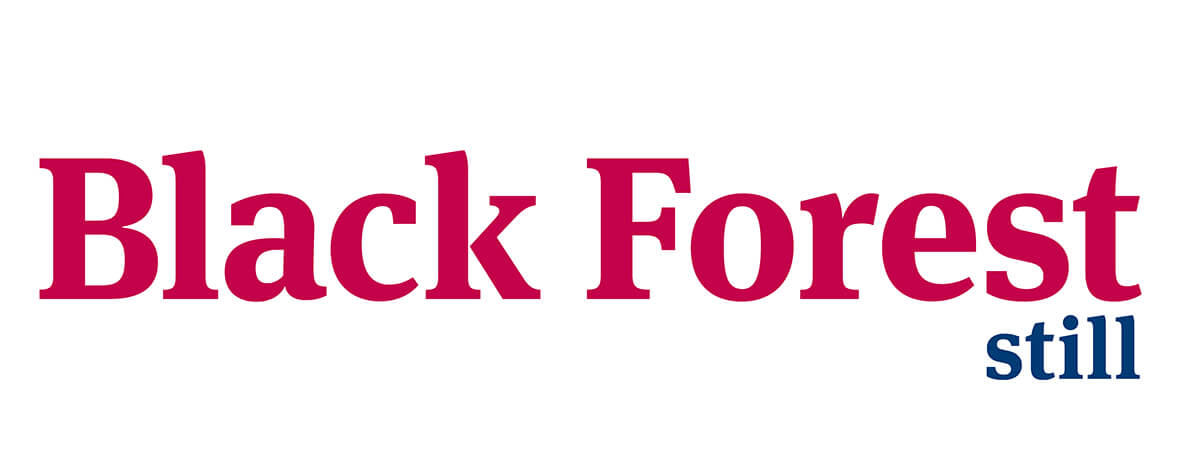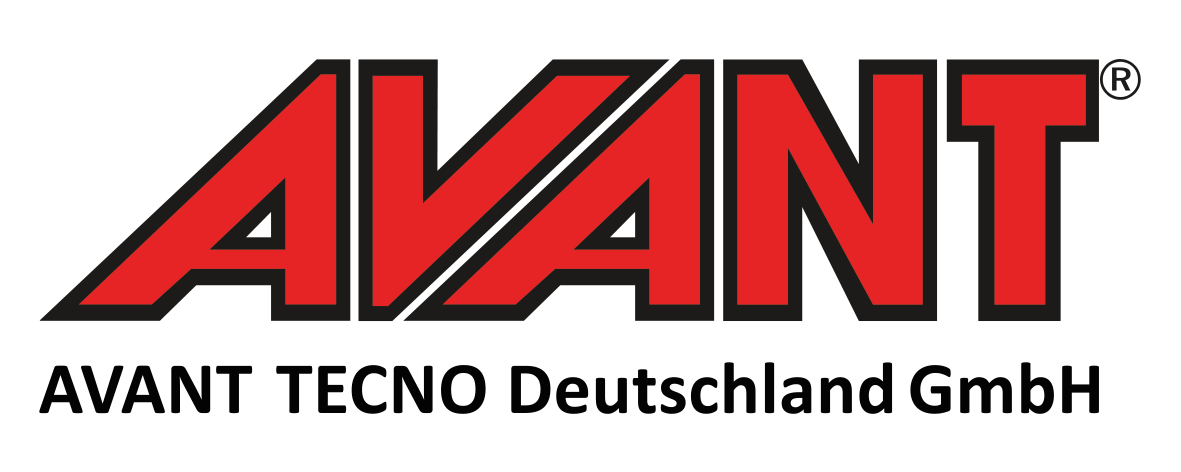What should players of the FSV Frankfurt pay attention to? What are the expectations and guidelines they should follow? Formulating behavioral guidelines and expectations for our players serves as a guide for our daily gatherings. The following points are given special emphasis. Our players. . .
… are athletes
- We know that every training session is just as important as a league game; optimal training allows you to perform at your best on the field
- We always want to improve ourselves and the group
- We are curious and motivated; have a positive attitude towards challenges but also everyday things
…are human
- We pay attention to education and vocational training
- We discuss problems and conflicts openly and personally with the trainer
- We are distinguished by FairPlay
- We represent our association positively, are punctual, open, helpful, friendly, respectful and tolerant
- We’d rather play with soccer than with our cell phones
- We are always polite and friendly to our fellow human beings
- We treat club property with care, pay attention to cleanliness and order everywhere
- We condemn all forms of discrimination and violence
- We are sensitive to the dangers of game manipulation, gambling and gambling addiction
- We speak one language on and off the field
… take care of their body
- We do not smoke and do not take drugs, alcohol or doping
- We wear shin guards and clothing suitable for the weather
- We shower on the premises after training and competition
- We pay attention to our diet, sleep and lifestyle
- We have injuries treated and cured by doctors and physiotherapists
Silent Sideline – Rules of Conduct for Parents and Fans
Our idea of the “silent sideline” – a code of conduct for parents and fans
Leave the game to the children and coaches… Tactics, technique and physical aspects are the main focus of training and games, depending on the age and individual performance level of a player. Our coaches can and should take care of this; they determine the quality of the players’ training. Trust in the coaches is therefore an important prerequisite. A suitable way for us to express this understanding is the “silent sideline”.
The silent sideline is a strategy designed to help guide the behavior of parents and relatives at youth sporting events. This means that a “quiet and reassuring sideline” creates an environment for both children and coaches in which no negative external pressure is generated that inhibits performance. The focus should clearly be on having fun playing soccer, especially in the lower youth teams.
Click here to download the PDF of the rules of conduct for parents and fans.
Together Against Game Manipulation
We want to sensitize our players early on to the dangers of gambling addiction and manipulation and aim, as part of the “Together Against Game Manipulation” project, to recognize and prevent potential criminal activities at an early stage.
Soccer holds a significant place in our societal life. Soccer should be fair, attractive, honest – and exciting. However, football can only be exciting when no one knows beforehand what will happen in the 90 minutes of a game.
Meanwhile, sports betting has also become a permanent part of soccer. You can bet on the outcome of a game, the number of goals scored, on individual game events (such as yellow and red cards), etc. To win a bet as safely as possible, some individuals might try to influence the course of a game and the betting odds through criminal means. Every league and every age group can be affected.
With the support of the organization Transparency International Germany e. V. and the Federal Centre for Health Education (BZgA), the DFB, the league association, and the DFL have therefore launched the project “Together Against Game Manipulation” to protect players, coaches, referees, clubs, and football as a whole.
This project aims to inform and educate especially young players early and preventatively about the backgrounds and dangers of gambling addiction and manipulation.
For this purpose, a comprehensive information and training program has been developed, tailored to the individual age and target groups.
In addition, as part of this project, a so-called ombudsman has been appointed. The ombudsman is an independent contact person who is not subject to instructions from the DFB, the league association, and the DFL; he is intended to provide additional support as a trusted person (alongside colleagues, the coach, and the club).
For further information, please visit: gemeinsam-gegen-spielmanipulation.de
Together Against Doping
We support the “Together Against Doping” initiative and educate our players early on about doping. Doping is not only associated with significant negative health consequences but also constitutes punishable fraud. We sensitize our players to the issue and support them within the framework of the initiative.
Becoming a professional soccer player or playing in a youth performance center is an exciting and interesting challenge with many facets… In addition to what happens on the field in training and games, there are several important elements of prevention that our players should or must consider in their daily lives. The topic of “doping” and doping prevention is one of these many facets that concern playing football in youth development centers and professional football.
Because in fair sports, all participants must adhere to the rules of the game. And the rules state that doping is prohibited. Those who disregard these rules act against fair play and ethics in sports. Doping is cheating; cheating oneself, the competitors, the organizers, one’s own team, the fans, sponsors, and so on.
And even those who consciously choose against doping and for clean sport are not immune to unconscious dangers: Just by taking a “wrong” medication (for example, reaching into the medicine cabinet during a cold), a prohibited substance can enter the athlete’s body. That is why it is important for players, parents, and even treating physicians to be aware of the anti-doping guidelines. Because in the older age groups, unannounced doping controls during training and games are possible in the future.
To inform players and parents in youth development centers about the topic of doping with all its backgrounds and dangers, the National Anti-Doping Agency Germany (NADA) together with the German Football Association (DFB) and the German Football League (DFL) have developed a special e-learning course. Under the together against doping platform, every player (as well as parents and club officials) can gain relevant information in a football-specific course to educate themselves about the topic of doping. Many video sequences and illustrative animations explain and deepen topics such as doping pitfalls, dietary supplements, prohibited substances and methods, as well as the rights and obligations of athletes.
At the end of the course, the player receives a certificate documenting that they have been trained in anti-doping matters.
No! to Discrimination and Violence

Under the motto “No! to Discrimination and Violence”, the Fair Play Forum of Hessian Soccer takes responsibility for the question of how we want to treat each other. FSV Frankfurt is part of this responsibility and supports the promotion of integration, tolerance and fair play in youth soccer as a strong campaign partner.
In addition to the intention of sending out a clearly visible signal by wearing and presenting the campaign logo on their sleeves, on the website and in the media, our U19 and U17 players take part in the project every year by participating in various discussion and promotional events, which culminate in the formulation of a declaration of commitment – which is then signed by the participating players on behalf of the entire youth department.
The basic aim of the forum is to create offers for all those involved in soccer (clubs, players, referees, etc.) and projects relating to soccer who would like to get involved in a Hesse-wide network for the topics of violence prevention, integration, tolerance and fair play.
Declaration of Commitment As Part of the Campaign
“No! to Discrimination and Violence” Campaign Says:
We hereby condemn discrimination and violence.
Everyone has a right to this, regardless of their culture, skin color, mother tongue, sexual orientation and religion.
Anyone who does not share this principle has no place in our soccer community.
We are committed to solidarity with all players in soccer who are discriminated against, threatened or attacked.
We are committed to integration, diversity and tolerance and support the goals of the Fair Play Forum of Hessian Soccer.”
You can find further information at www.fairplayhessen.de.
Social Media Guidelines for the Youth Performance Centre
Social networks / social media activity are part of our everyday life. Here, too, players, employees and parents come into contact with each other within social networks. A conscientious and enlightened approach to and in the social networks and platforms is therefore of great importance. That is why we want to address the issue and have therefore prepared a guide with useful tips.
The guide is intended to….
- contribute to the promotion of safe and media-competent behavior
- offer an approach to prevent possible negative effects (e.g. insults & bullying) and possible health consequences when using social media
- raise awareness of the fact that the special nature of soccer in particular requires an enlightened approach to and in social networks
We want to introduce our players to the guidelines in annual training sessions. Becoming a professional footballer or playing in a Youth Performance Centre is an exciting and interesting challenge with many facets…
Click here for the social media guidelines of the Youth Performance Centre.
Player Consultants
Player consultants have been an integral part of soccer for many years. Player consultants are also present at training sessions and matches for our youth teams every week.
Functions of Player Consultants
Professional player consultants are a common institution, providing support in the negotiation and negotiation of (professional) contracts and as career advisors. However, not all player consultants know how to properly assess their role – and the industry’s reputation has suffered in recent years.
The youth sector in particular has become a field of activity. In view of this, the DFB / DFL is currently endeavoring to bring more transparency to the market for player consultants. One measure, which is also supported by all professional clubs and performance centers, is the ban on hiring player consultants for the placement of players up to and including the U16 juniors.
We would therefore like to give you the following advice on how to deal with player consultants:
- A player consultant license says nothing about the quality of a player consultant; approval, training, seriousness and network can be indicators of the quality of the consultant.
- If a player is approached by an alleged advisor while still in training or match clothing on the pitch or stadium grounds, the conversation should be ended. Further discussions may then be held in a private atmosphere and in the presence of the player’s legal guardians.
FSV Frankfurt does not commission or pay player consultants.



